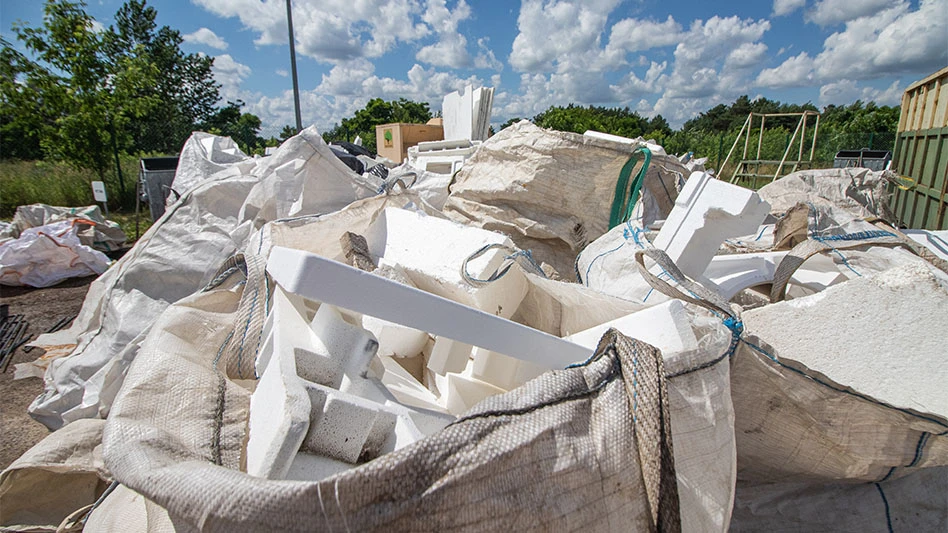
Denis Semenchenko | stock.adobe.com
The U.S. Department of Energy (DOE) has awarded $13.4 million in funding to seven research and development (R&D) projects that are led by industry and universities that it says will convert plastic films into more valuable materials and design new plastics that are more recyclable and biodegradable. The DOE says the investment advances its work to address the challenges of plastic recycling and supports the Biden administration’s efforts to build a clean energy economy and ensure the U.S. reaches net-zero carbon emissions by 2050.
“Single-use plastics generate large amounts of carbon pollution when produced, are hard to recycle and dirty our nation’s beaches, parks and neighborhoods,” Secretary of Energy Jennifer M. Granholm says. “By advancing technologies that repurpose single-use plastics and make the materials biodegradable, we can hit a trifecta of reduced plastic waste, fewer emissions from the plastics industry and an influx of clean manufacturing jobs for American workers.”
The DOE says the seven selected projects will work to develop affordable solutions for upcycling, or transforming plastic films into more valuable materials, and to design new plastics that are more recyclable and biodegradable:
- The University of Massachusetts Lowell received $1.6 million to integrate delamination and carbonization processes for the upcycling of single-use, multilayer plastic films
- Braskem of Pittsburgh received $2 million to develop infinitely recyclable single-polymer chemistry bio-based multilayer films.
- Iowa State University of Science and Technology in Ames received $2.5 million to develop a closed-loop upcycling of single-use plastic films to biodegradable.
- Michigan State University of East Lansing received $1.7 million to redesign for inherently recyclable plastics.
- North Carolina Agricultural & Technical State University in Greensboro received $2.5 million to formulate the catalytic deconstruction of plasma-treated single-use plastics to value-added chemicals and novel materials.
- TDA Research Inc. of Wheat Ridge, Colorado, received $1.6 million to develop infinitely recyclable and biodegradable films for improved food packaging.
- West Virginia University Research Corp. of Morgantown received $1.5 million to develop process intensified modular upcycling of plastic films to monomers by microwave catalysis.
This funding opportunity builds on DOE investments, including the Bio-Optimized Technologies to keep Thermoplastics out of Landfills and the Environment (BOTTLE) Consortium and the Reducing EMbodied energy And Decreasing Emissions (REMADE) Institute.
DOE’s Office of Energy Efficiency and Renewable Energy’s Advanced Manufacturing Office and Bioenergy Technologies Office oversee these investments. DOE’s Office of Science, Office of Fossil Energy and Carbon Management and ARPA-e also play key roles in supporting plastic research and development efforts.
Latest from Recycling Today
- Alpla calls 2024 year of recycling growth
- Altilium says agreement puts it on lithium recycling path
- NWRA, SWANA partner to address lithium-ion batteries
- Corinth, Texas, renews waste contract with CWD
- Fresh Perspective: Sarah Zwilsky
- Plastics Industry Association announces leadership changes
- QCC celebrates 50th anniversary
- Venture Metals acquires 2 nonferrous processors





